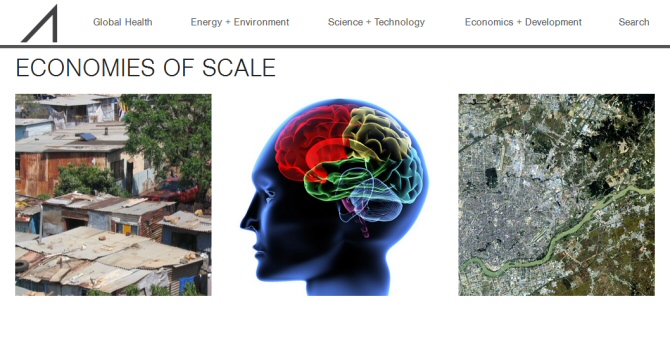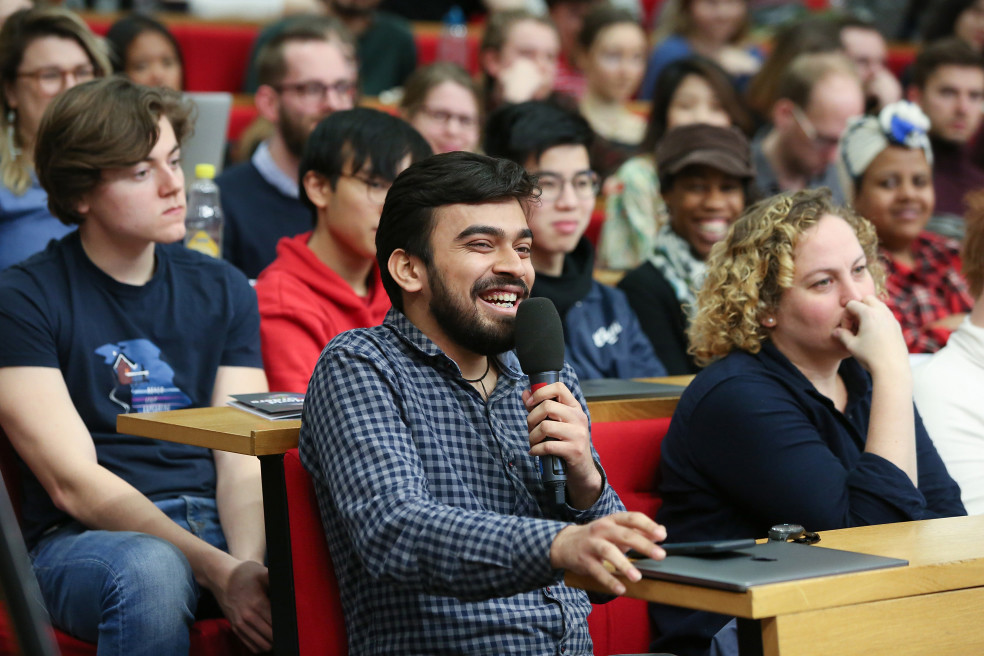A new article by Professor Teddy Brett, described as ‘brilliant’ by reviewers, features at the launch of a new online journal hosted by Imperial College.
‘Explaining the Capitalist Crisis’ derives from an existing working paper, ‘International Inequality and the Global Crisis’, which itself originated from a debate that took place here on the blog.
Teddy’s original post in 2013 prompted a two-part response (part 1) (part 2) from Guenther Schoenleitner, a Director in the Austrian Federal Ministry of Finance, and one from Jean-Paul Faguet, before Teddy added some final remarks.

18 months on, ahead of the publication on the new ANGLE journal, Professor Brett (pictured right) provided the following abstract.
We show that liberal democratic capitalism depends on the ability of competitive markets to maximise equitable and stable growth as well as efficiency and innovation. Neo-liberal theorists assume that regulatory policies that allow markets to operate with minimal state interference will do this; interventionist or ‘structuralist’ theorists claim that it requires redistributive policies to offset their inevitable tendency to favour the strongest firms and regions, increasing inequality, deflation and economic crises. We outline the models used to justify these claims, and evaluate their structural and policy implications.
Classical liberal theorists – Say, Hume, Ricardo and Lewis – claim that free trade should maximise investment, create full employment, and move resources from successful regions with full employment and high wages and costs, to poorer ones with lower ones, thus producing even development and economic stability. Interventionist theorist argue that this will not occur when strong firms in well-endowed regions can exploit economies of scale generated by technological change to increase output while reducing costs and employment. This enables stronger firms and regions to undermine weaker ones, generating uneven development and crisis unless these effects are offset by redistributive policies. We then review the contradictory structural and policy implications of these claims.
We show that technological superiority at the plant level, favoured access to research, marketing, capital and supply chains at the firm level, and stronger state capacity, infrastructure and clustering at the regional level explain the inequalities and crises that have shaped capitalist development from the outset. But we also show that they have played a key role in reducing deprivation by increasing productivity and the surpluses needed to offset these destabilising effects. We conclude by arguing that this analysis does not negate the positive role of markets, but does show that they will only produce long-term stability and justice if these effects are routinely offset by pro-poor redistributive policies at both the global and national levels.
Read the new article in full here.
Follow the scale economy debate below:
   |
- Brett – International Inequality and the Global Crisis – Managing Markets for Sustainable Growth
- Schoenleitner – Comment on Brett, International Inequality and the Global Crisis. [Part 1]
- Schoenleitner – Comment on Brett, International Inequality and the Global Crisis. [Part 2]
- Faguet – Increasing Returns to Scale
- Brett – Final response: International Inequality and the Global Crisis






